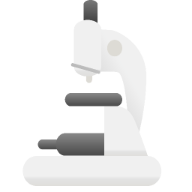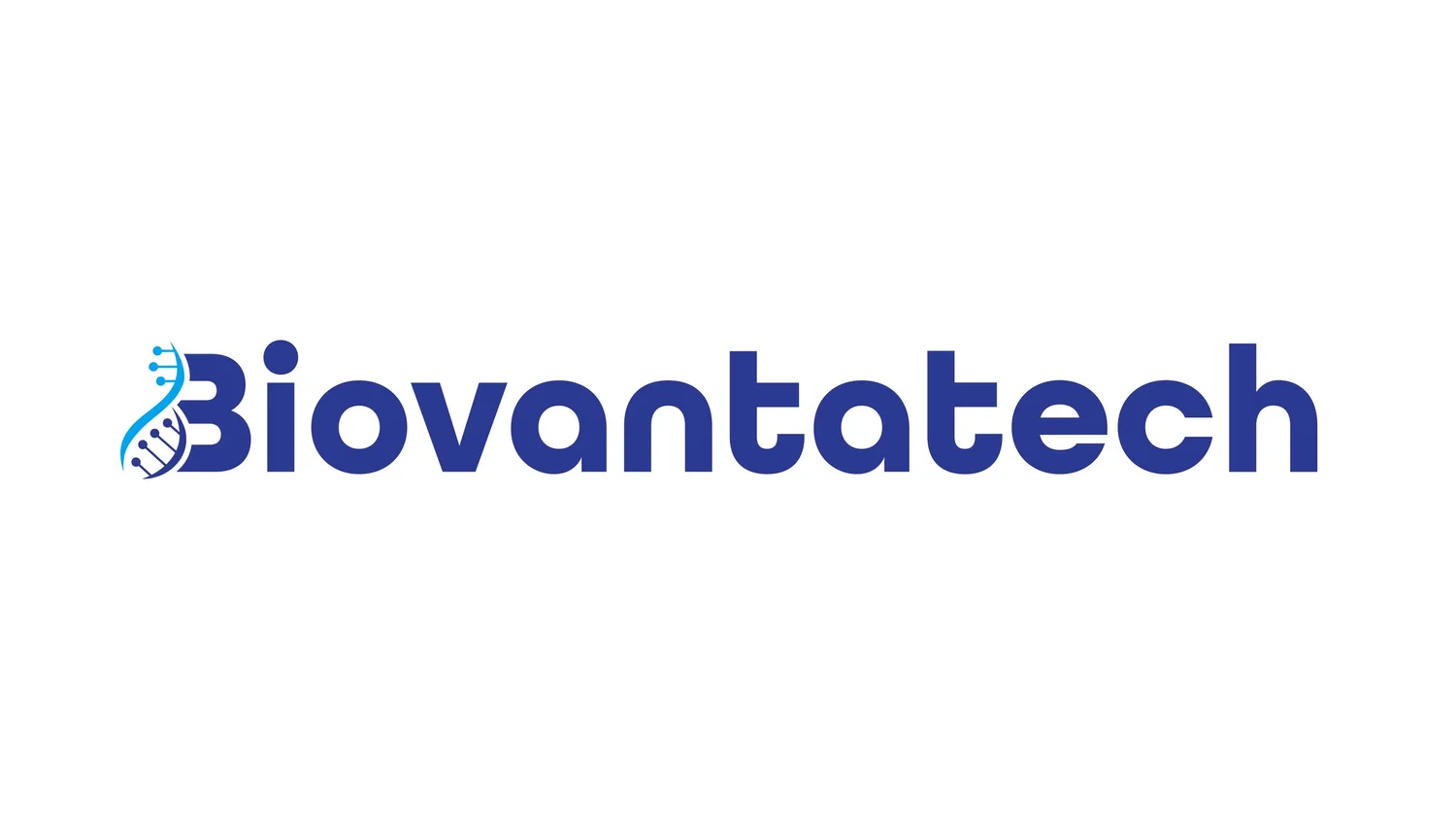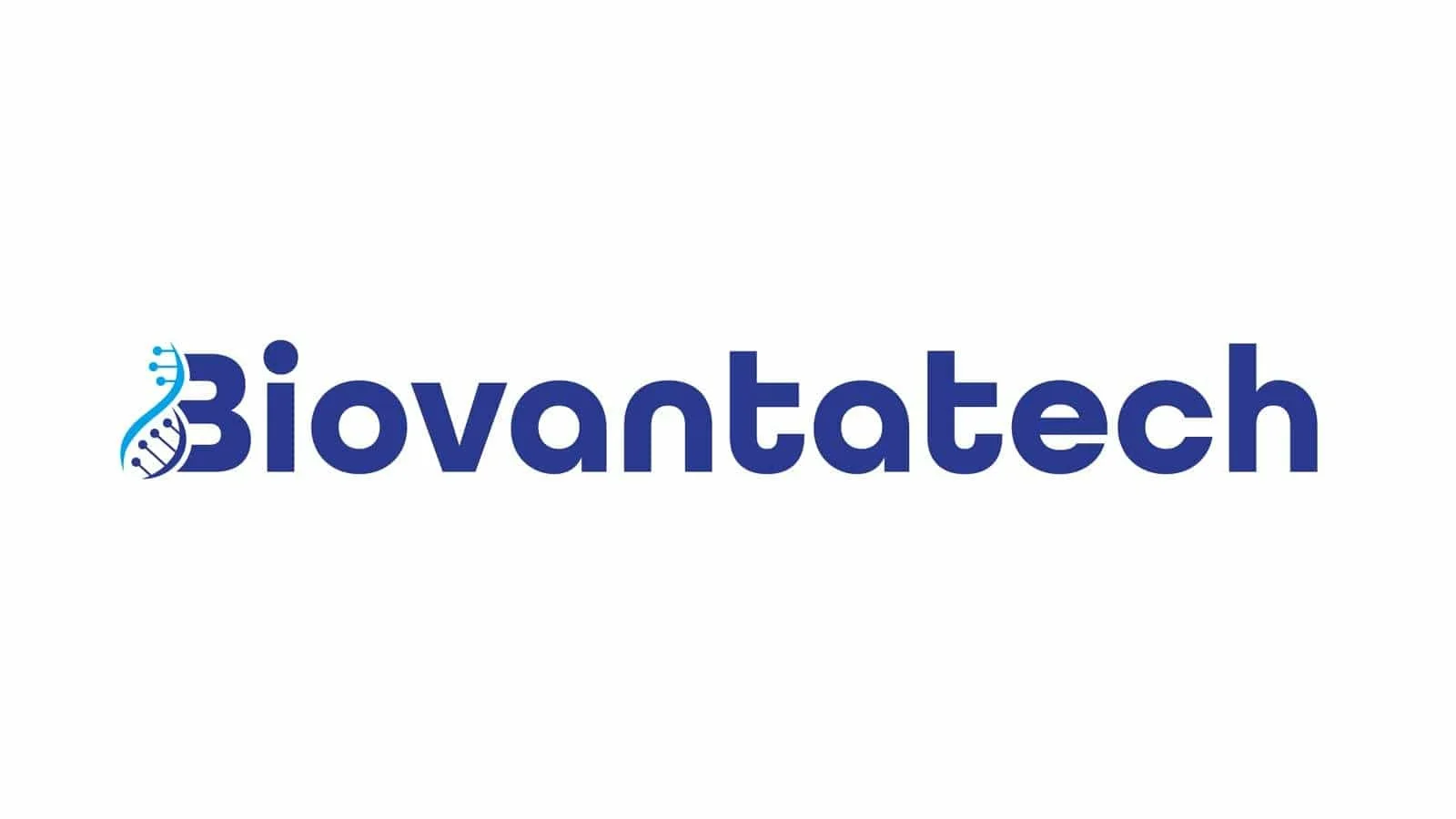Quality Control & Product Specifications: Human Pancreatic CAFs undergo rigorous characterization, confirming negative expression of endothelial (von Willebrand Factor/Factor VIII), epithelial (cytokeratin 18), and smooth muscle (α-SMA) markers while testing negative for microbial contaminants (bacteria, yeast, fungi, and mycoplasma). These cells demonstrate positive expression of established CAF biomarkers (FAP, PDGFR, Vimentin, PDPN, and CD70) and maintain stable growth for 3-5 passages at recommended 1:2-1:3 split ratios in specialized CAF Growth Medium.
Research Applications: Ideal for studying tumor-stroma interactions, these cells are suitable for:
Cell-cell interaction and adhesion assays
Molecular analyses (PCR, Western blot, immunoprecipitation)
Fluorescence-based techniques (immunofluorescence, flow cytometry)
Development of customized cellular models
Cell Handling Protocol:
Thawing: For optimal viability, rapidly thaw vials (2 min, 37°C water bath), sterilize with 70% ethanol, and process under sterile conditions. Remove cryoprotectant via centrifugation (125 × g, 5-10 min) and resuspend in fresh medium. Pre-coat culture vessels with AlphaBioCoat (6-8 mL, 15 min) followed by PBS rinse before plating. Pre-equilibrate medium (15 min, 37°C/5% CO₂) to stabilize pH (7.0-7.6).
Subculture: Detach confluent cells using PBS rinse and enzymatic treatment (2-3 mL detachment solution, 5-15 min at 37°C if needed). Re-coat flasks before reseeding at 1:2-1:3 ratios. Refresh medium every 3-4 days.
Cryopreservation: Use complete growth medium with 5% DMSO (Catalog #CGM5).
Shipping & Storage: Maintain frozen vials in liquid nitrogen vapor phase (-135°C or below); avoid -70°C storage to preserve viability.


